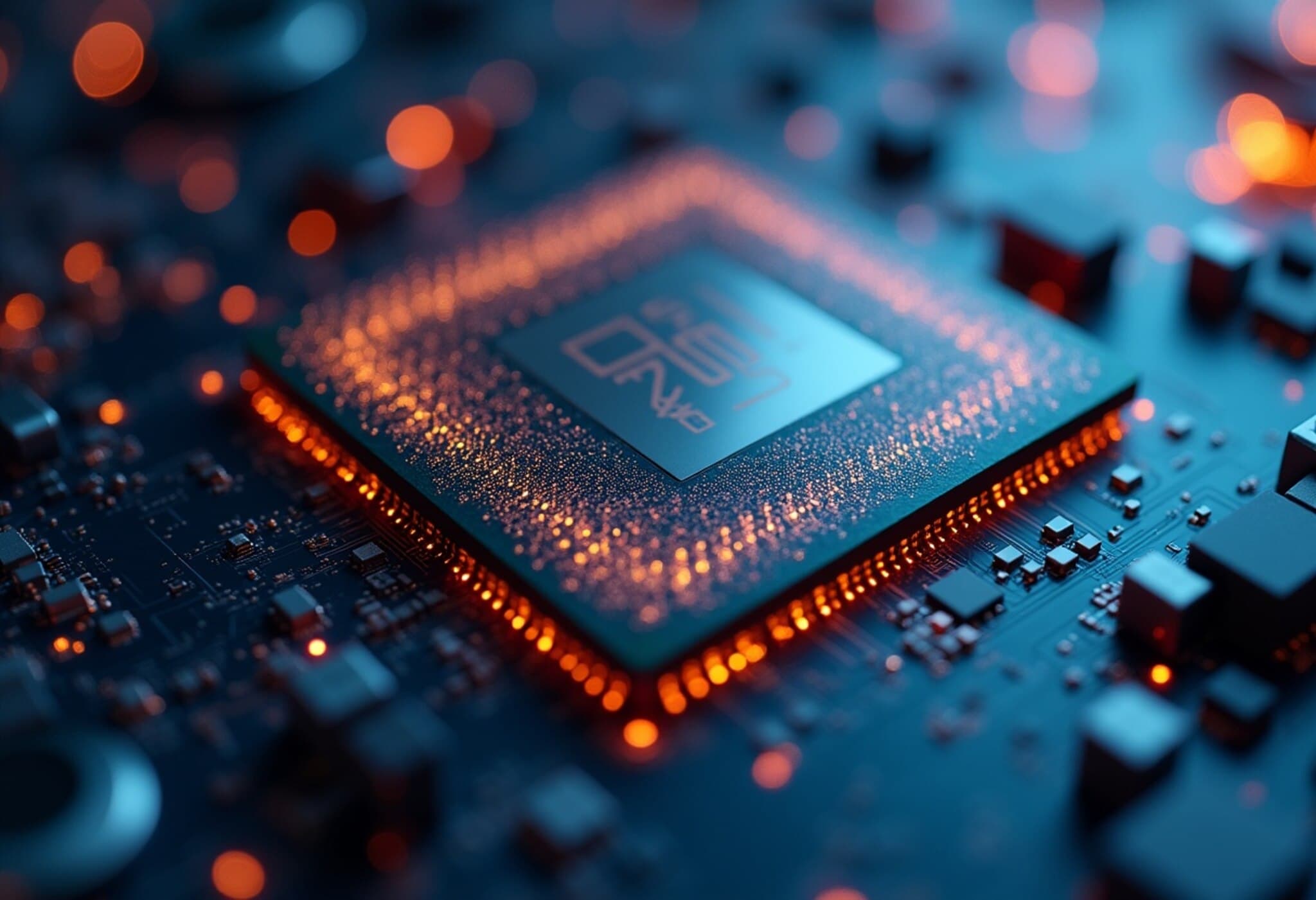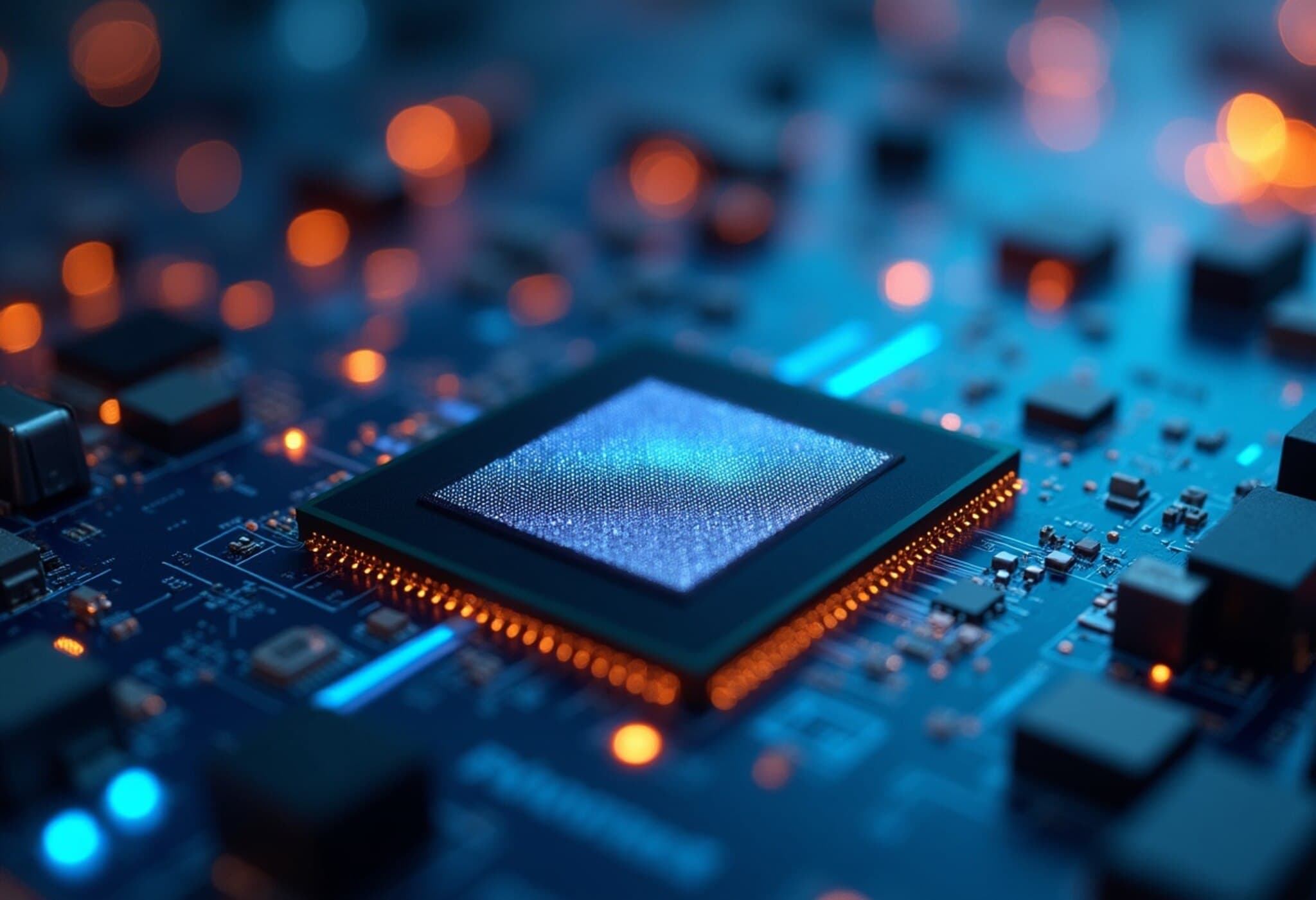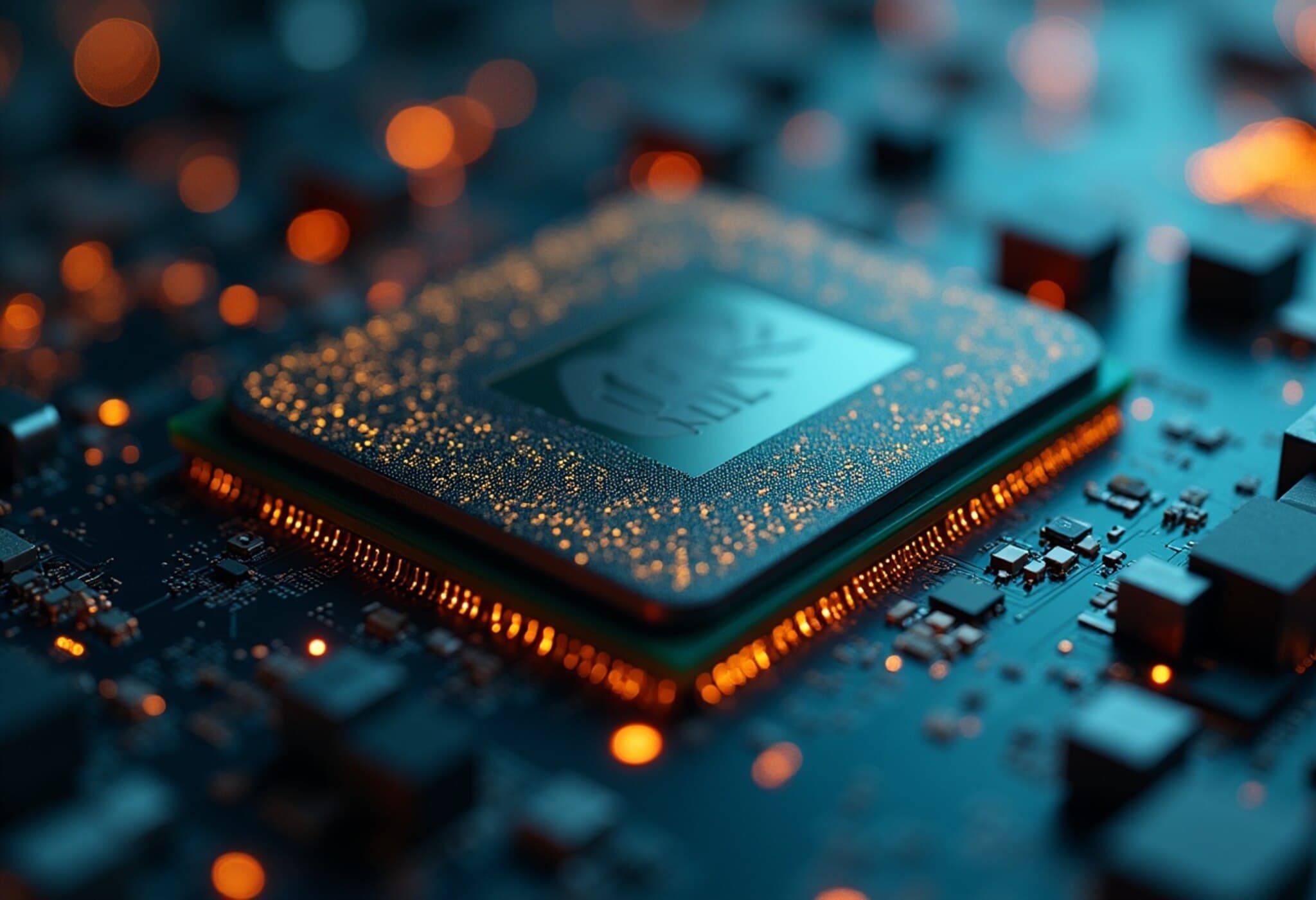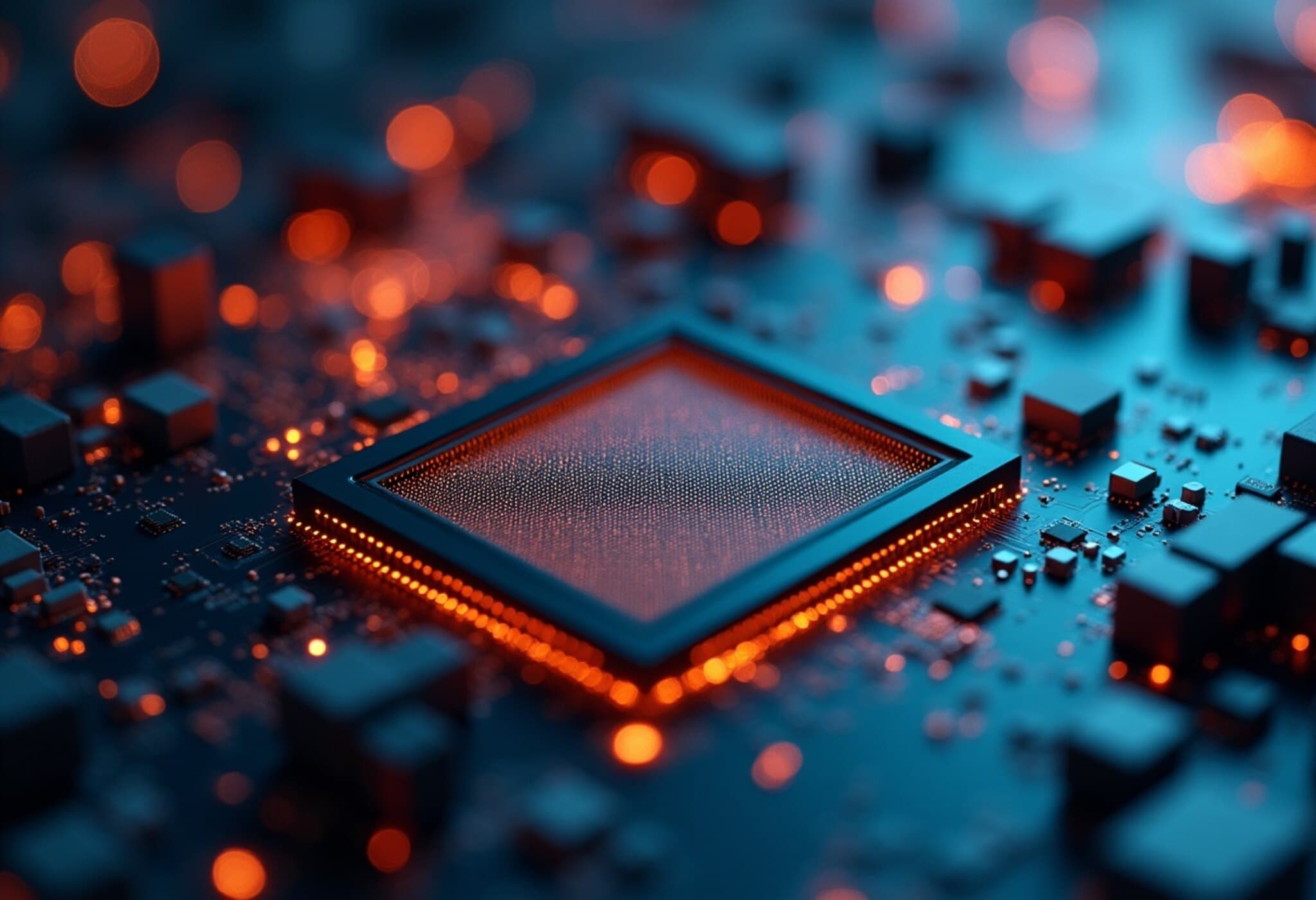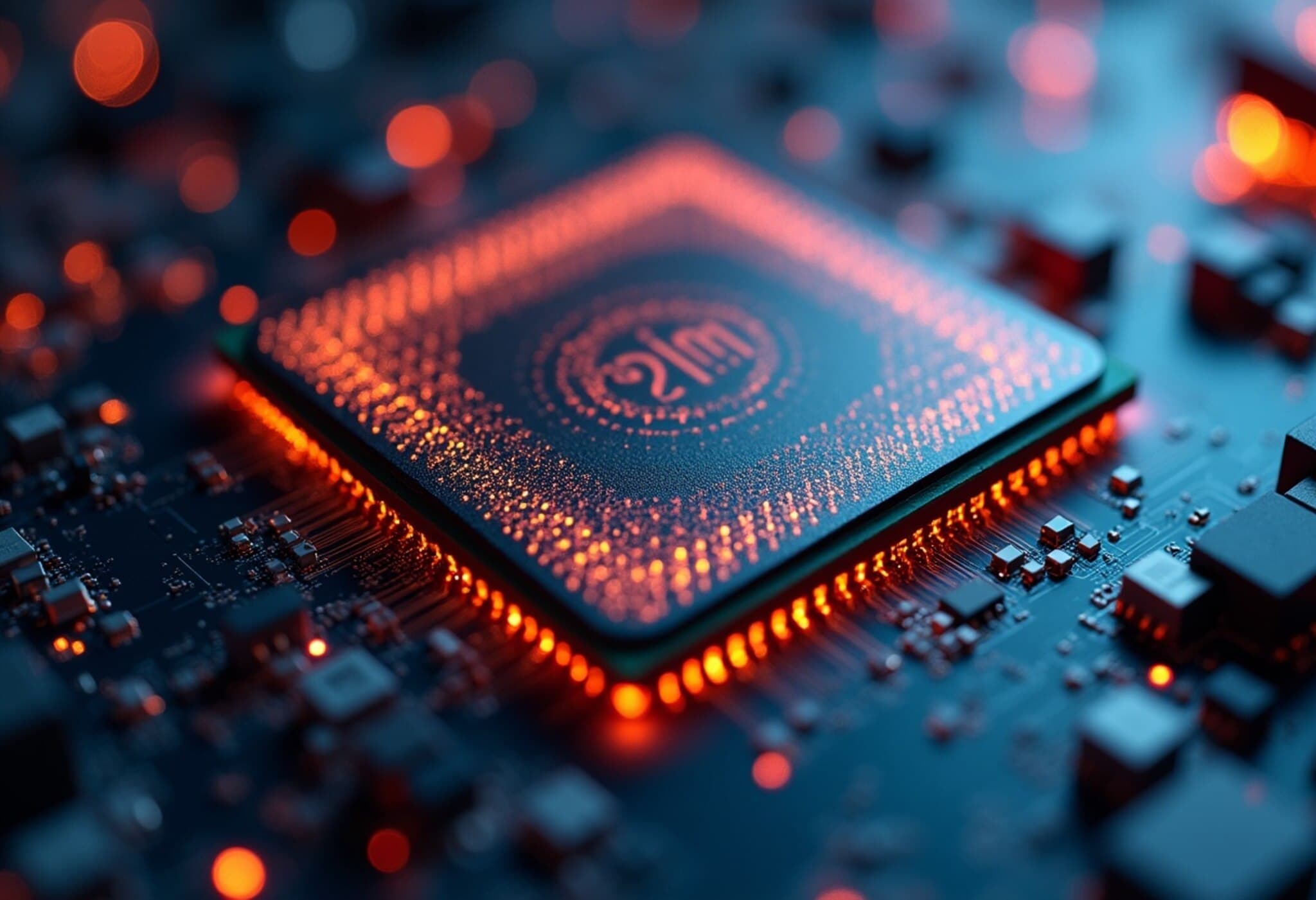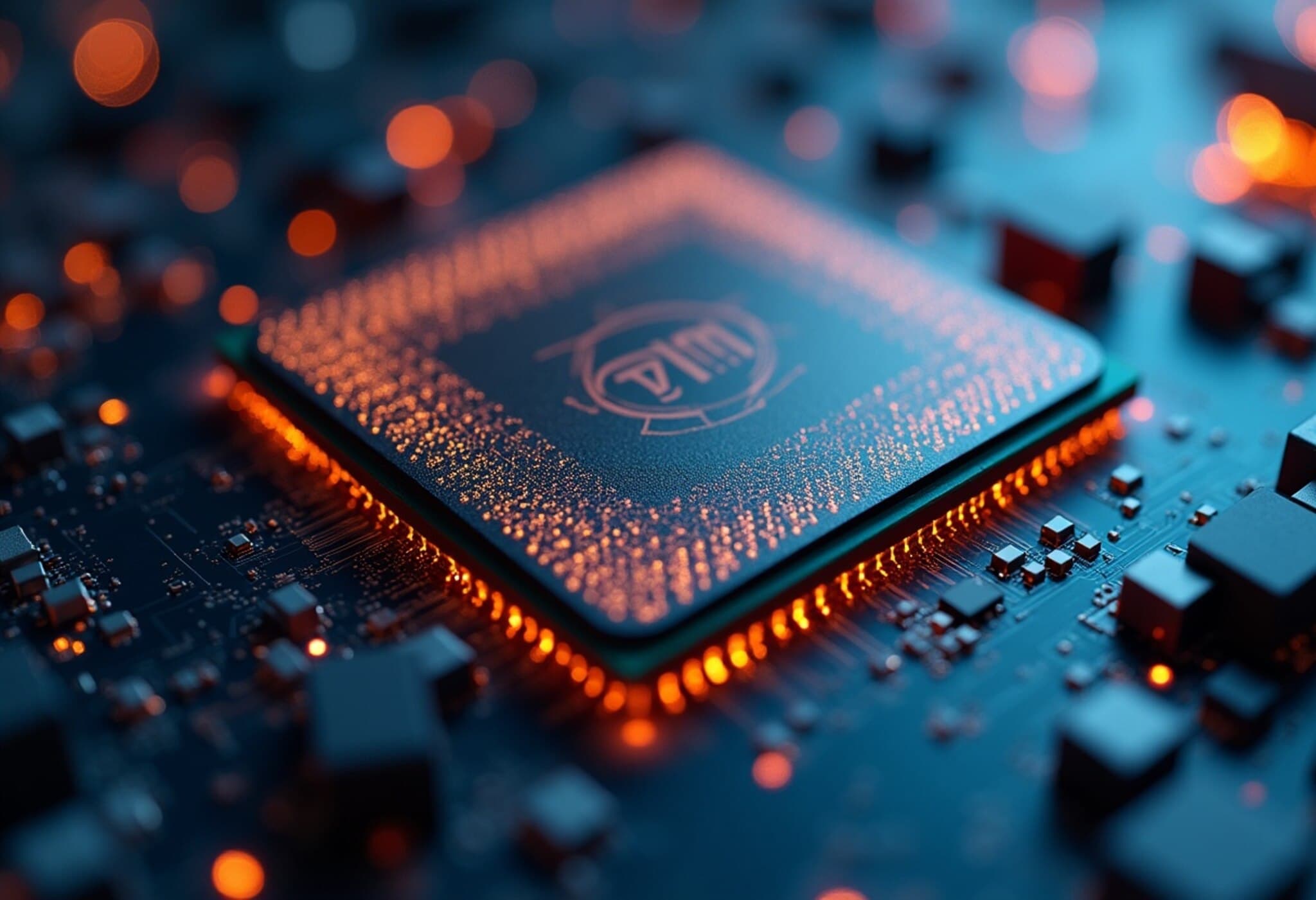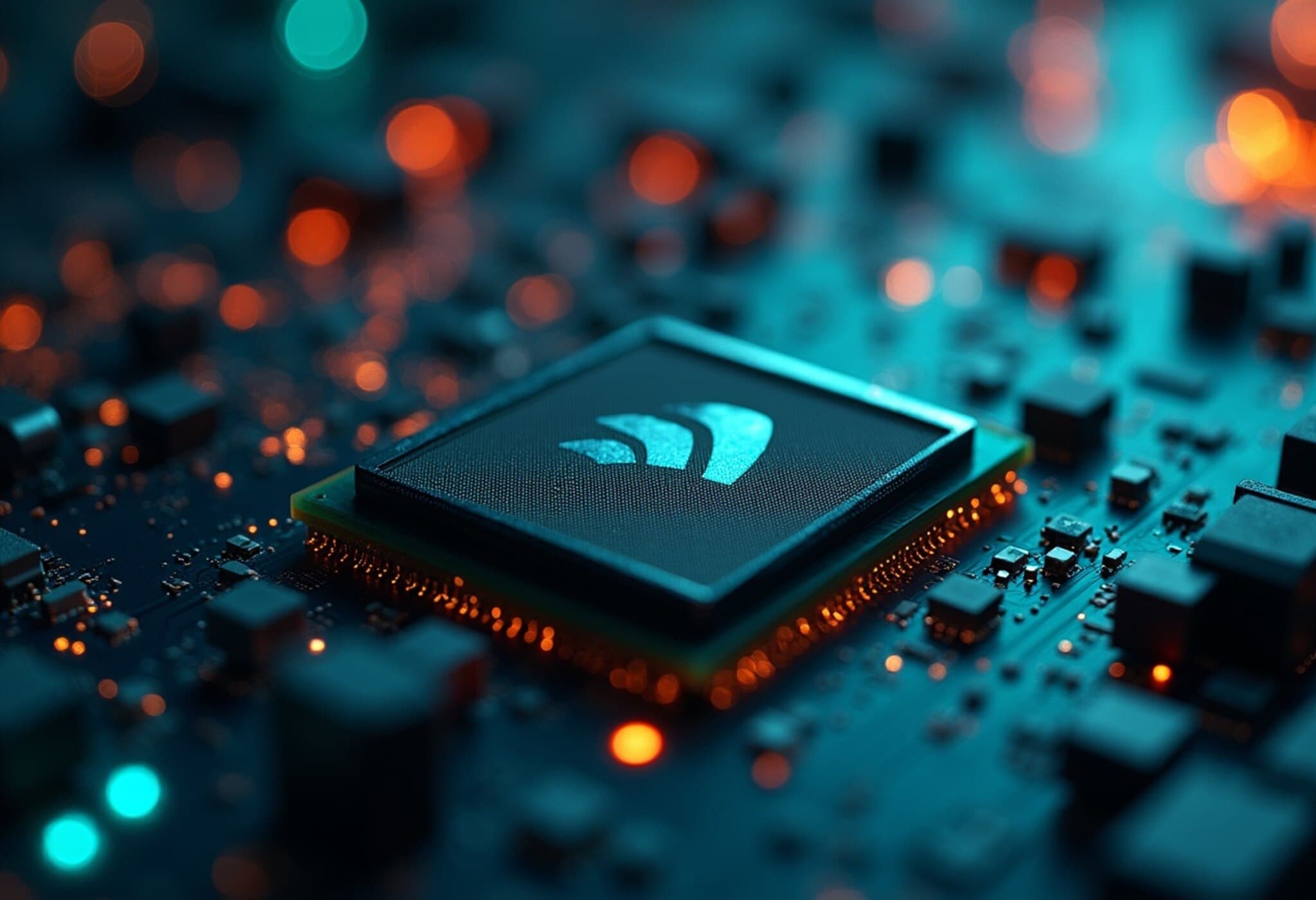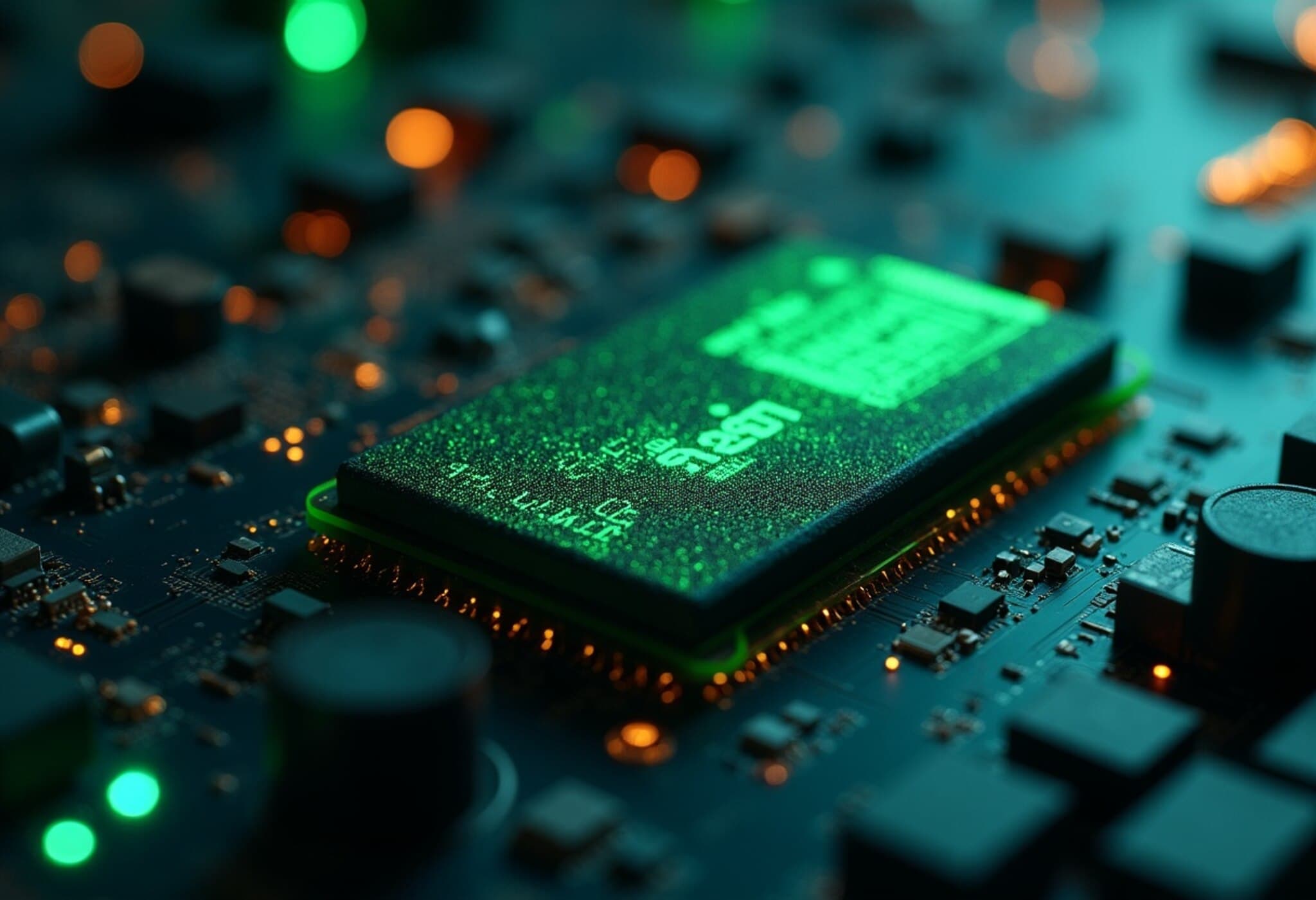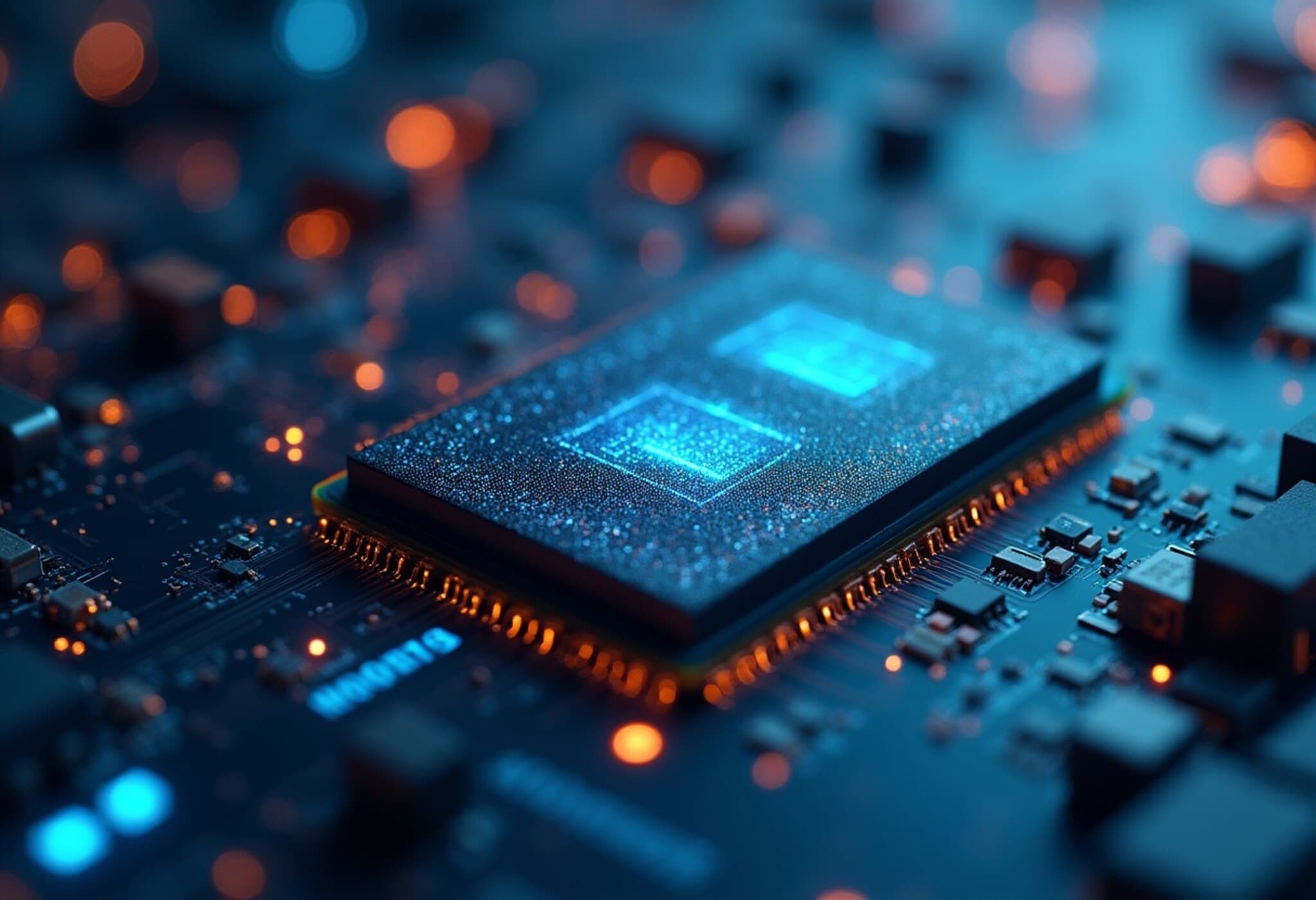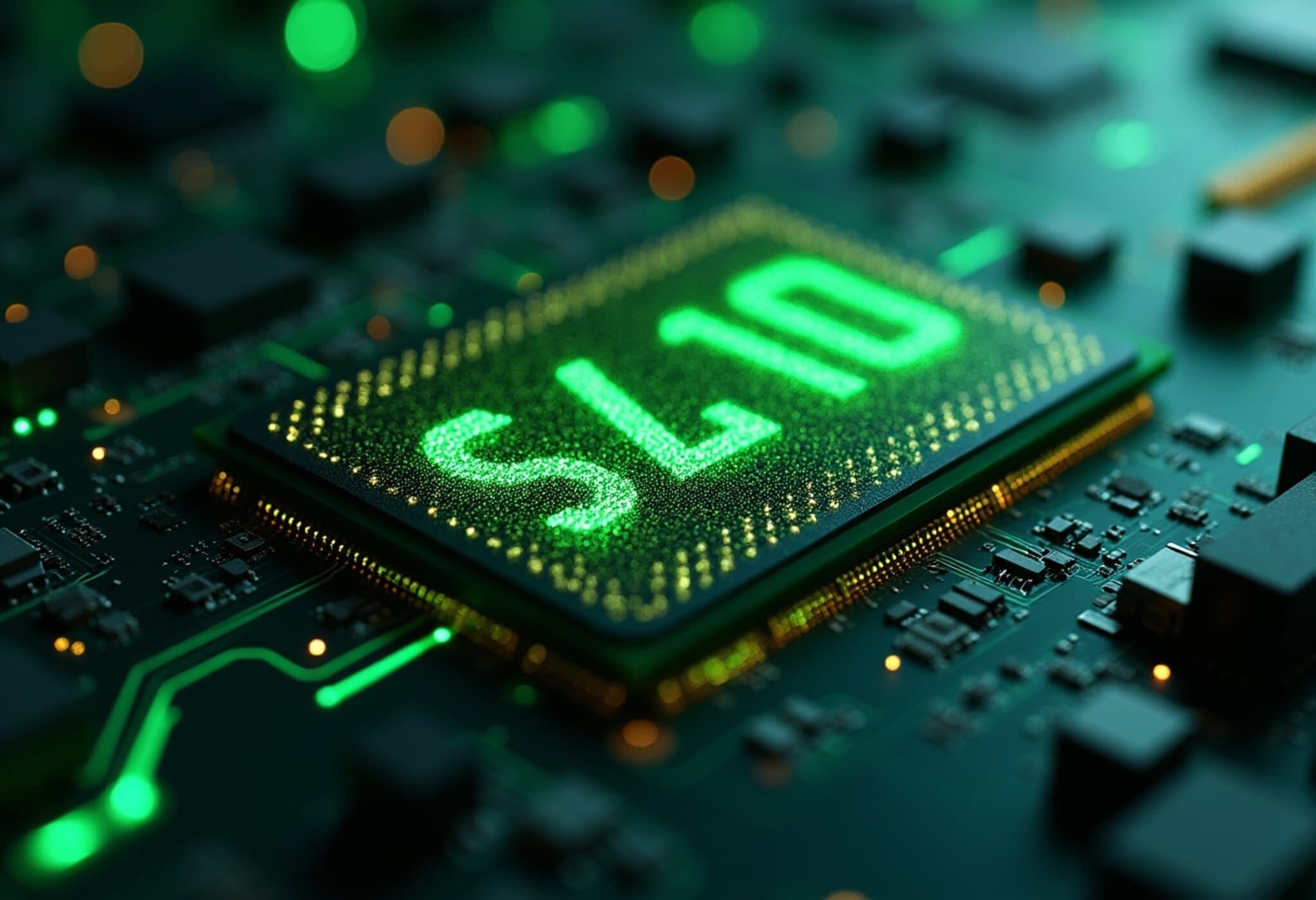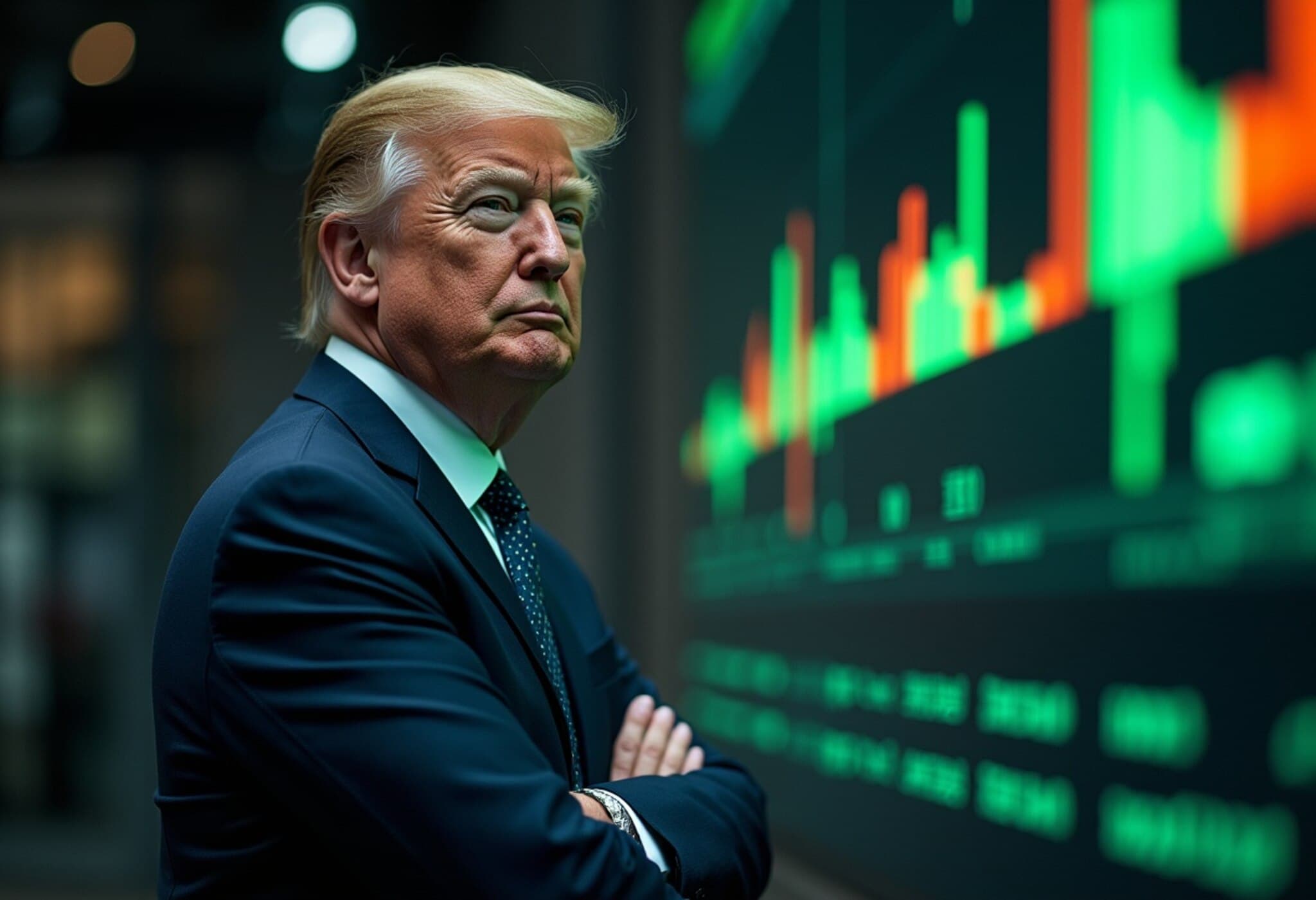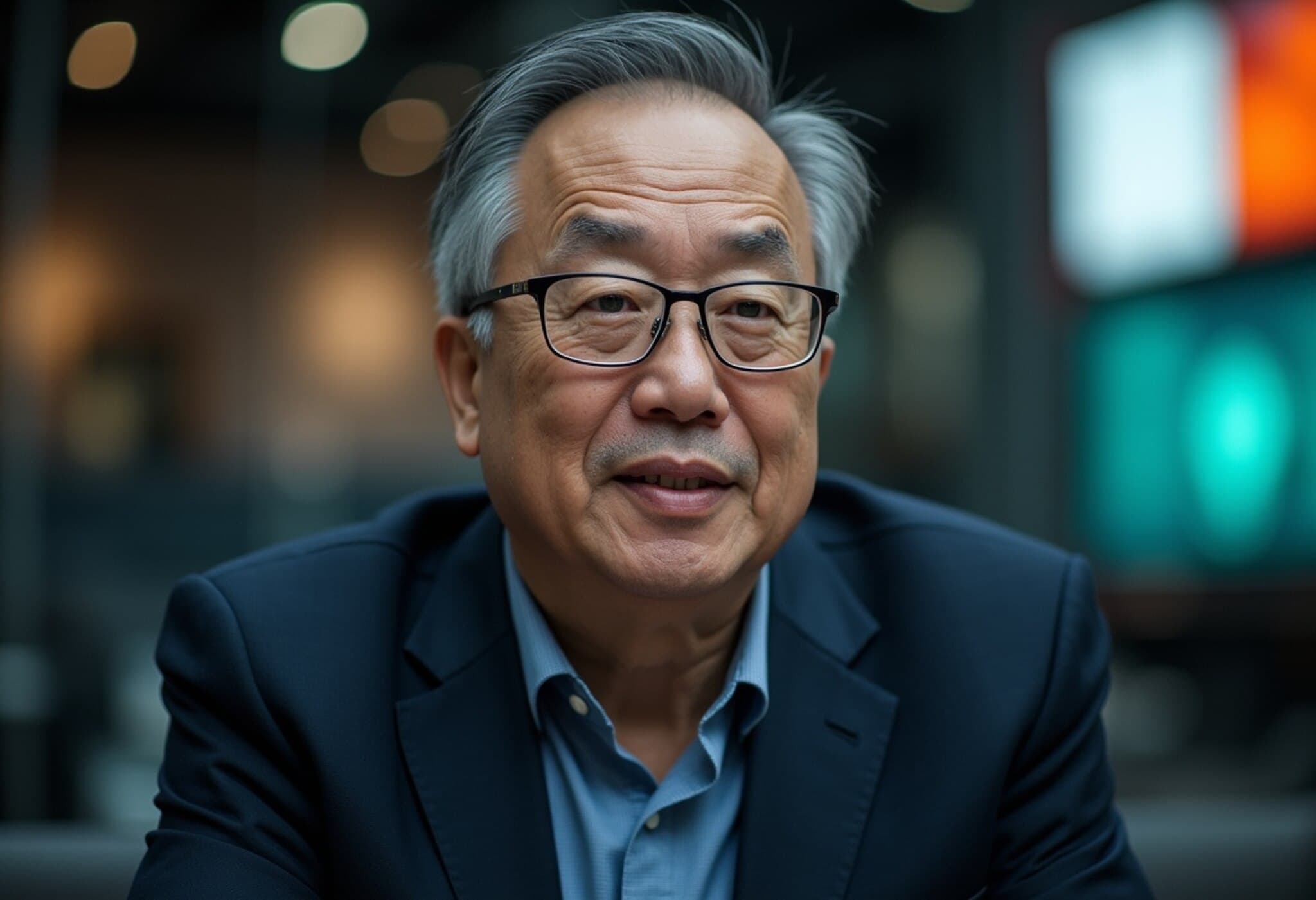TSMC’s Record-Breaking Q2 Profit Reflects AI Chip Boom
Taiwan Semiconductor Manufacturing Company (TSMC), the world’s largest contract semiconductor foundry, reported a striking 61% year-over-year jump in net profit for the second quarter of 2025, smashing analyst expectations. The company’s robust performance underscores how the booming artificial intelligence (AI) market is reshaping semiconductor demand globally.
Strong Revenue Growth Beats Projections
TSMC posted quarterly revenue of NT$933.8 billion (approximately $31.7 billion), up nearly 39% from the previous year and slightly surpassing the market forecast of NT$931.2 billion. Net income also came in at NT$398.27 billion, well above the expected NT$377.86 billion. Shares of TSMC surged by almost 6% in early U.S. trading, reflecting investor confidence in its dominant market position.
AI Chips: The Driving Force Behind TSMC’s Surge
Industry analysts attribute much of TSMC’s impressive growth to the skyrocketing demand for advanced AI processors. TSMC manufactures cutting-edge chips for technology giants such as Nvidia and Apple, who are racing to power next-generation AI applications.
“The primary growth engine is strong demand for AI-related chips, especially those built on cutting-edge nodes smaller than 7 nanometers,” explained Brady Wang, associate director at Counterpoint Research. In semiconductor manufacturing, smaller nanometer technology nodes signify higher transistor density, greater speed, and power efficiency, critical for AI’s complex computations.
TSMC revealed that chips built at the 7-nanometer scale or below contributed a substantial 74% of total wafer revenue during the quarter, signaling the company’s technological leadership.
AI’s Expanding Footprint Across Industries
Wang further emphasized that AI’s growth is not a fleeting trend: “Demand stemming from the AI boom remains highly sustainable as AI technologies are still in their infancy and continue to permeate an ever-widening array of industries—from cloud computing and autonomous vehicles to healthcare and smart devices.”
Geopolitical and Economic Headwinds Loom
Despite its strong showing, TSMC faces considerable challenges. Trade tensions between the United States and China continue to cast a shadow over global semiconductor supply chains. U.S. export controls restrict TSMC’s dealings with certain Chinese clients, affecting production and sales strategies.
Furthermore, Taiwan’s geopolitical situation remains delicate, particularly amid persistent U.S.-China rivalry. Earlier remarks from U.S. policymakers hinting at "reciprocal tariffs" and stringent export controls underscore ongoing uncertainties. Such tensions could disrupt TSMC’s supply chain and client relationships.
Economically, experts like Sravan Kundojjala from SemiAnalysis caution that currency appreciation of the Taiwan dollar and possible order reductions from smartphone and PC sectors—driven by global macroeconomic volatility—could temper growth in the latter half of the year.
Broader Implications for the Global Semiconductor Industry
TSMC’s success highlights a pivotal moment in the semiconductor sector, which is increasingly defined by AI’s transformative potential. As AI chips require more sophisticated manufacturing processes, companies like TSMC are indispensable to the tech ecosystem.
However, the semiconductor supply chain also embodies the fragility of globalization amid geopolitical fissures. How TSMC navigates these challenges will be a bellwether not only for its own future but also for the technology-based economies that rely on cutting-edge chip fabrication.
Editor’s Note
TSMC’s record-breaking profits reflect the unstoppable momentum of AI innovation worldwide, yet underscore the growing interplay between technology, economics, and geopolitics. As AI expands into every facet of modern life, understanding the semiconductor supply chain’s resilience becomes critical. Stakeholders—from policymakers to investors—must watch how trade policies, currency fluctuations, and global demand shape this linchpin industry in the coming months.

